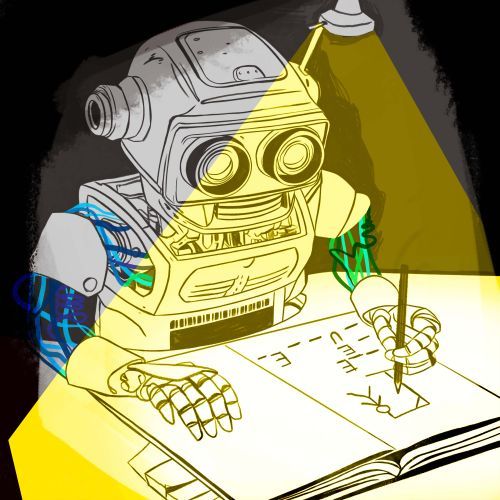AI in medicine: brain surgeries and the schizophrenia diagnosis
Experts from University College London (UCL) are working on an artificial intelligence system to analyse footage during brain surgery and pay attention to sensitive or critical brain structures. So far, the system has analysed videos from over 200 pituitary tumour surgeries and has gained approximately ten years of experience. AI can now not only help navigate to the right area of the brain – it also knows what should happen at each stage of the procedure, which makes it a valuable training aid. It will make surgeries safer and more effective, and according to UCL, the system may be ready for use in operating theatres within two years.
Scientists from the UCL Queen Square Institute of Neurology have developed new tools based on AI language models that can recognise disease symptoms in the speech of patients diagnosed with schizophrenia. Automated language analysis can help doctors and scientists diagnose and evaluate psychiatric conditions, mainly since psychiatric diagnosis is based almost exclusively on interviews with patients and their relatives.
Artificial intelligence will mitigate the effects of blows to the head and innovate equipment in rugby, boxing and American football to reduce brain injuries. In the NFL, computers automatically identify and analyse blows to the head experienced by players during games and then provide the information to the coaching staff. Rugby has introduced intelligent mouthguards that signal heavy impacts in real time, allowing the injured player to leave the field so that a doctor can treat them.























